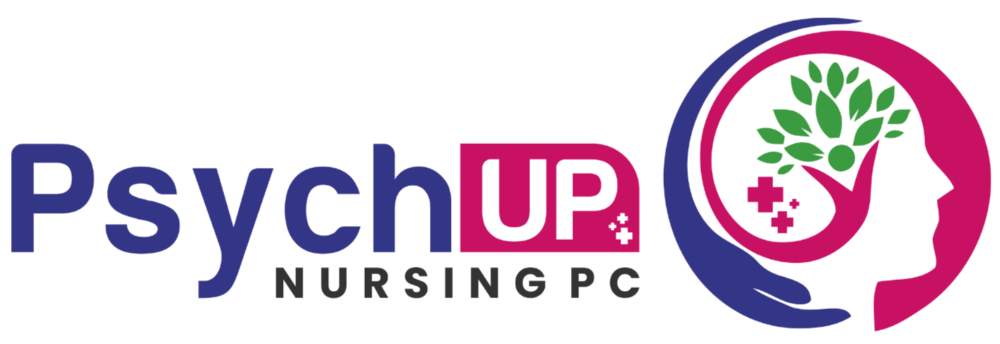Bipolar Disorder

What is Bipolar Disorder?
Bipolar disorder, also known as manic-depressive illness, involves alternating periods of manic episodes and depressive episodes.
Bipolar disorder is a complex mental health condition characterized by extreme shifts in mood, energy levels, and activity patterns. It affects millions of individuals worldwide and can significantly impact their daily functioning and overall well-being.
There are several types of bipolar disorder, including:
- Bipolar I Disorder: Characterized by the occurrence of manic episodes that may or may not be followed by depressive episodes.
- Bipolar II Disorder: Marked by recurrent episodes of major depression and hypomania, a milder form of mania.
- Cyclothymic Disorder: Involves frequent periods of hypomanic symptoms and mild depressive symptoms that persist for at least two years.
Causes and Risk Factors
The precise causes of bipolar disorder are not fully understood, but a combination of genetic, environmental, and neurobiological factors likely contribute. Common risk factors include:
- Family History: Having a close family member with bipolar disorder increases the risk.
- Brain Chemistry and Structure: Imbalances in certain neurotransmitters and structural abnormalities in the brain may play a role.
- Life Events: Traumatic experiences, significant stress, or major life changes can trigger the onset of bipolar disorder in vulnerable individuals.
Symptoms
The symptoms of bipolar disorder can vary depending on the phase of the illness. Manic episodes and depressive episodes present distinct features:
- Manic Episodes: Excessive energy, euphoria, racing thoughts, inflated self-esteem, decreased need for sleep, increased impulsivity, reckless behavior, and difficulty concentrating.
- Depressive Episodes: Persistent sadness, feelings of worthlessness or guilt, loss of interest in previously enjoyed activities, changes in appetite and sleep patterns, fatigue, difficulty concentrating, and suicidal thoughts.
Treatment Options
Effective management of bipolar disorder typically involves a combination of different treatment modalities:
- Medication: Mood stabilizers, antipsychotics, and antidepressants may be prescribed to stabilize moods, manage symptoms, and prevent relapses.
- Psychotherapy: Psychoeducation, cognitive-behavioral therapy (CBT), and family-focused therapy can help individuals and their loved ones understand the condition, develop coping strategies, and improve communication.
- Lifestyle Changes: Maintaining a regular sleep schedule, managing stress levels, engaging in regular exercise, and avoiding alcohol or illicit drugs can help stabilize moods and reduce the frequency of episodes.
Bipolar disorder presents unique challenges, but with appropriate diagnosis, treatment, and support, individuals with this condition can lead fulfilling and productive lives. By defining bipolar disorder, discussing symptoms, causes, and treatment options, we hope to increase understanding, reduce stigma, and encourage empathy and support for those navigating the highs and lows of bipolar disorder. Remember, early intervention and ongoing management can make a significant difference in promoting stability and improving overall well-being.
We are here to help. Get started today.
Stay connected with PsychUp
Subscribe to our mailing list to receive our latest news and updates.
You're safe with me. I'll never spam you or sell your contact info.
Contact Number
-
+1 (888) 783-1883 (Office)
-
(888) 653-3144 (Fax)
Email Address
Our Locations
PsychUP PC California
-
6245 Delongpre Ave 2nd Floor Los Angeles, CA. 90028
-
2418 S Azusa Ave West Covina, CA. 91792
-
11900 Avalon Blvd # 100, Los Angeles, CA 90061
-
3340 West Ball Road Unit G Anaheim, CA. 92804
-
12062 Valley View Street Suite 140 Garden Grove, CA. 92845
-
1840 North Hacienda Boulevard Unit 12 La Puente, CA. 91744
-
8415 Florence Avenue Unit B Downey CA. 90240
-
11840 Magnolia Avenue Riverside, CA. 92503
PsychUP PC Nevada
-
9017 S. Pecos Road Suite 4425
-
Henderson NV 89074-6611
